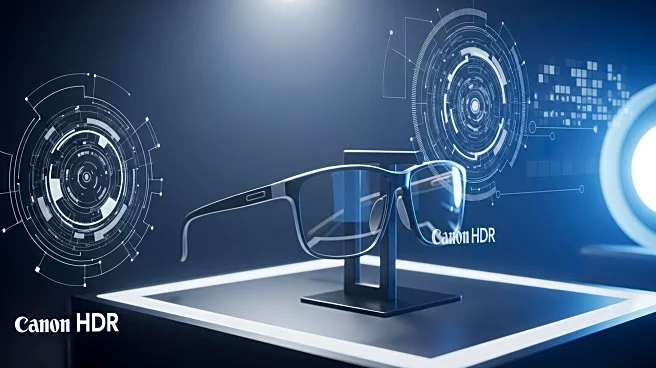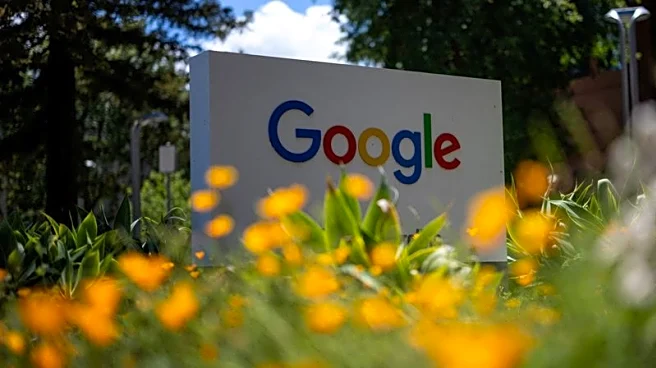What's Happening?
During the Meta Connect event, Meta unveiled its latest smart glasses, the Meta Ray-Bans Gen 2, featuring enhanced battery life and improved cameras. CEO Mark Zuckerberg highlighted the potential of these glasses, which include a neural wristband for hand gestures. Despite the hardware advancements, Meta's AI capabilities faced scrutiny, as live demonstrations of AI features like Live AI and AI-powered translations encountered technical difficulties. These issues underscored Meta's ongoing struggle to achieve its goal of AI 'superintelligence.'
Why It's Important?
The development of smart glasses with integrated AI represents a significant shift in how consumers might interact with technology, potentially reducing reliance on traditional devices like laptops and smartphones. However, Meta's challenges in AI functionality could hinder its ability to dominate this emerging market. Successful integration of AI into smart glasses could position Meta as a leader in AI hardware, offering users a unique technological experience. The company's investment in AI talent suggests a commitment to overcoming these hurdles, which could impact its competitive standing against rivals like OpenAI and Google.
What's Next?
Meta's future steps may involve refining its AI technology to ensure reliable performance in smart glasses. This could include collaborations or acquisitions to bolster its AI capabilities. As the market for AI-integrated devices grows, Meta's ability to deliver functional and innovative products will be crucial. The company may also explore partnerships or alternative AI solutions to enhance its offerings, potentially influencing consumer adoption and market dynamics.
Beyond the Headlines
The integration of AI into wearable technology raises ethical and privacy concerns, particularly regarding data collection and user surveillance. Meta's approach to AI development and its potential 'walled-garden' strategy could impact user choice and market competition. As AI technology evolves, regulatory scrutiny and consumer trust will play pivotal roles in shaping the industry's future.










